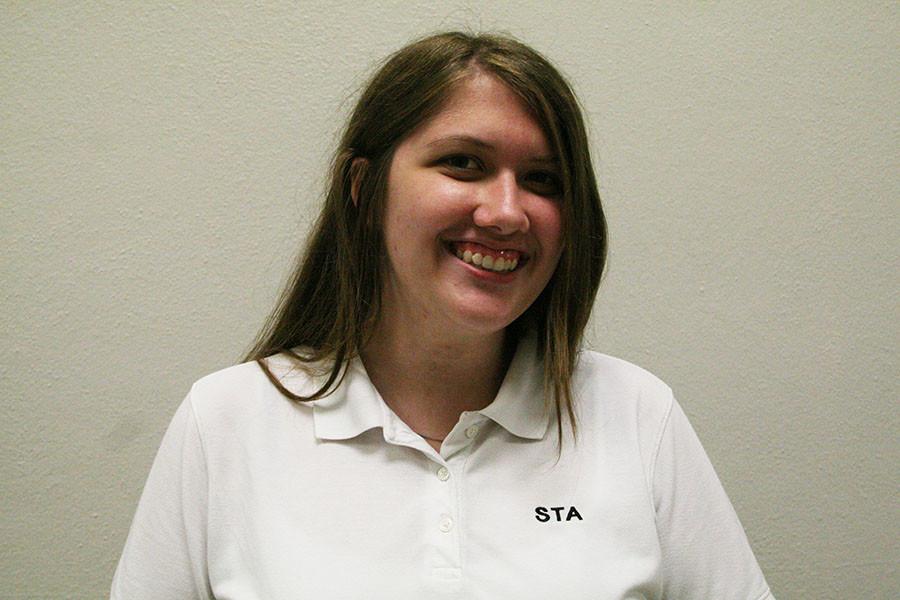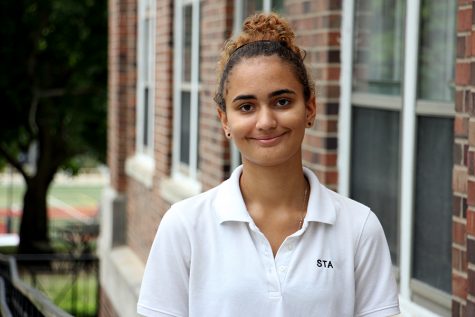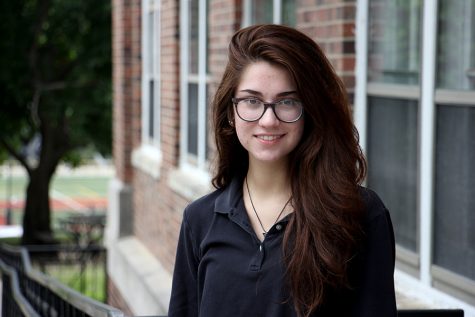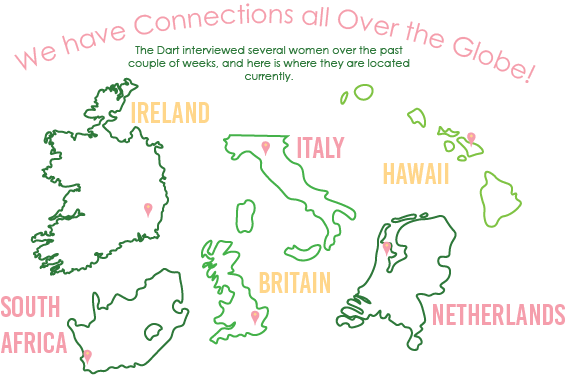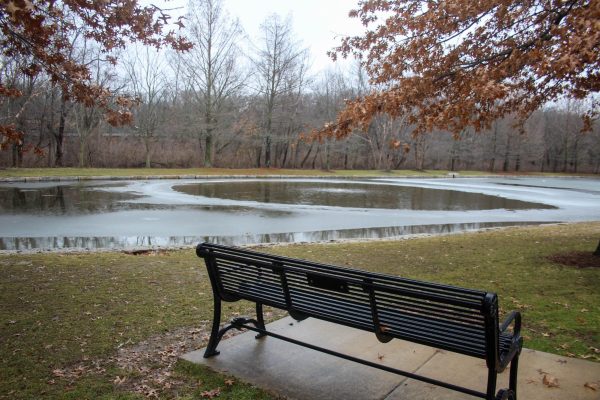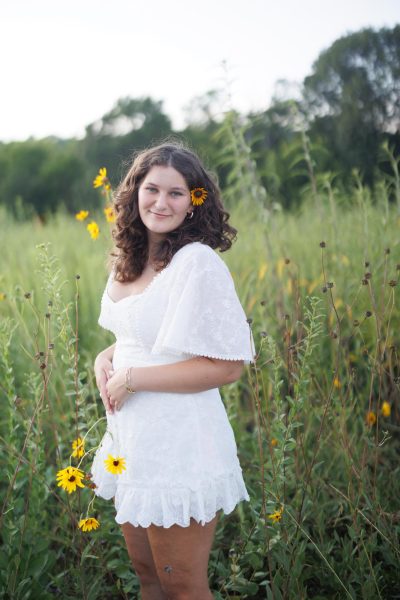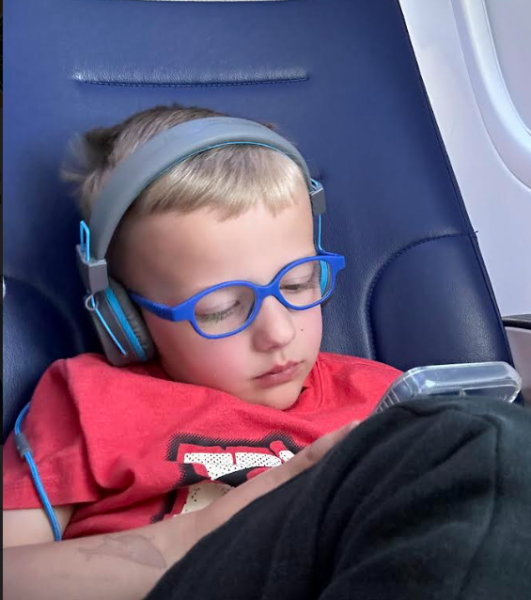Star Spotlight: Eilis Leptien
Junior and girl scout Eilis Leptien is working on achieving the Gold Award with her project on depression.
Junior Eilis Leptien is working on getting the Gold Award for girl scouts. photo by Cassie Hayes
September 21, 2015
story by Alex Davis
A High School Girl Scout
I did not think that I was going to be in Girl Scouts in high school. As [the troop members] got older and kept moving up, I thought that it would be over by the time I reached fifth grade, [but] it kept going. I [stayed] because I liked the girls that I was in the group with. [The troop] became smaller as it went on… because [members] didn’t want to continue it as they grew up. In a small group like we had, we did certain things that were [specifically] for us. We could do anything we wanted basically that we [all] enjoyed.
The Gold Award
So in Girl Scouts, as you get older, you have three awards you can get. You have Bronze, Silver, or Gold. For the Bronze Award, you can get it as a group and you work on a project that betters your community in a certain way. And then you move onto Silver, and you can do that as a group or in small groups. It’s basically the same thing [as Bronze]; you better your community and it has to be sort of sustainable in some way. For a Gold Award, you have to have both of those awards [and] you have to get your idea approved by the Gold Award committee. [It also has] to be something that is sustainable, betters the community and has local and even some type of global aspect to it in some way. And it has to be something that you are passionate about. [There’s] a minimum of 80 hours of work that goes into it. If you don’t have [those hours], then you don’t make the cut.
The Topic of Depression
We did workshops in the beginning to help [us] learn how to do [our] Gold Award and what [we] might want to do. We wrote down what we were interested in and things that affected us in our life. I’m really into psychology, so I was thinking about the different things I could do with [that]. I chose depression because depression doesn’t seem like it’s something that we talk about much in school and not something that we touch on a lot unless you’re in a class that has it as a topic. And there’s not a lot of awareness for it. It has personal implications for me, it personally affects my life. I want to help people with depression and educate people.
A Conversation Starter
I want to start conversations about something that I find important. When I first started the project saying that I was interested in [having a focus on depression], it started a lot of conversations with my family. I’ve even been educating my family about it and my friends. They’ve asked a lot of questions about [depression], so by doing this I’ve been going forth and educating friends, family and even teachers that are helping me. So it’s just about starting a conversation about depression and what to do and how to help.



